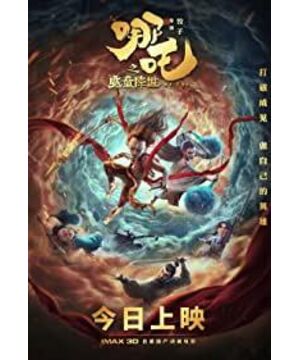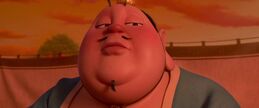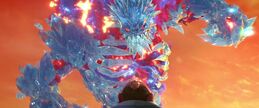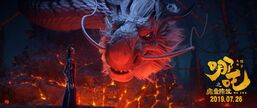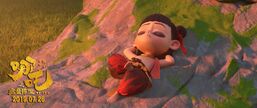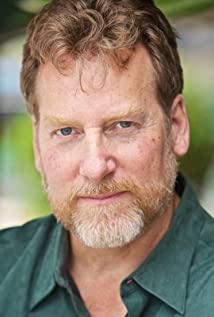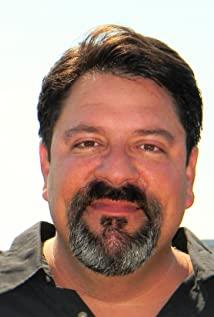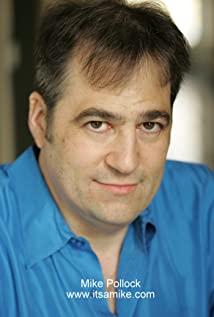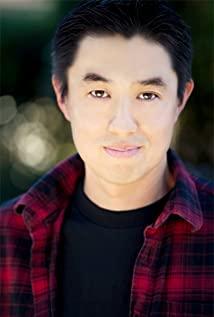I didn't expect that Ne Zha mobilized my emotions again, not by stirring up the fire in my chest, but by scratching the lacrimal glands.
It was the first time I watched the trailer for "The Devil Child of Nezha Comes into the World". The image of Nezha and the plot of teasing the residents of Chentangguan made my expectations to a minimum.
After watching the movie, there were many surprises. "Magic Child" can be regarded as the high point of the animation industry in recent years, regardless of the completeness of the script, the innovativeness of the setting, or the ingenious response to the details in the past texts. And watching the trailer, the team seems to have the ambition to create a "Fengshen Universe"? ?
It should be noted that the "animation industry" mentioned here is not animation, because the core of "Magic Boy" is still promiscuous and cheap, especially after watching "Nezha Naohai" a full forty years ago.
"Daddy, I'll give it back to you, I won't implicate you."
Speaking of Nezha, I have to mention "Nezha in the Sea" from Shanghai Film Studio in 1979. This is a story of oppression and resistance. Li Jing and Dragon King are both perpetrators and victims of the oppressive system. In the film, all the resistance to the system is concentrated on Nezha alone. Li Jing tied Nezha under the pressure of the Dragon King, and finally the scene of Nezha's tragic suicide broke out. This is the most grieved and decisive resistance to Li Jing, who is a member of the chain of oppression and who is also closest to him, after cramping Ao Bing and teasing Ao Guang:
"Daddy, I'll give it back to you, I won't implicate you."
Desperate and pathetic.
"Whether it's a demon or a fairy, I have the final say, my life is up to me, but I can't help it",
There are several settings in "Magic Boy" that are quite outstanding. One is the twins of Nezha (Magic Pill) and Ao Bing (Lingzhu), the second is the final vacancy for the twelve golden immortals under the throne of Yuanshi Tianzun, and the third is that it looks like a real palace. It is the Dragon Palace of the Heavenly Prison. They all point to a pair of fundamental contradictions:
Immortals (people) discriminate against and oppress demons (demons).
Everything in the film is implicated from this: Yuanshi Tianzun's punishment for the magic pill; Shen Gongbao's gradually accumulating dissatisfaction; the motivation of the dragon family to intervene. And all of the above gave birth to the family entanglement of Li Jing's family, and the confrontation between the people of Chentangguan and Nezha.
Everyone's motivations and behaviors are tied to this structural bias. This prejudice is universal and abstract, and it is difficult to attach resistance to a specific object. As a result, the rebellious temperament concentrated on Nezha in Nao Hai was evenly distributed to other important characters, and transformed into a survival choice under structural prejudice: Shen Gongbao wanted to be ranked among the Twelve Golden Immortals; Dragon King wanted the group to gain access to the fairyland. opportunity. Ao Bing abandoned the mission of the ethnic group for the sake of friendship, and Nezha went back to save Chentangguan for the sake of family love.
Except for the abrupt sentence "I have the final say in whether it is a demon or an immortal, and my fate is up to me." The screenwriter did not actually inject any subjective willingness to resist, and everyone was just struggling to break through the prejudice and the shackles it brought. The complexity introduced by structural bias helps make the motivations of both pro and con characters understandable, but should not be used as an excuse to dampen emotional outbursts. The emotional climax of the film is no longer the bravery and determination of the act of resistance itself, but the ties of relatives and friends brought about by the choice after accepting the punishment.
I didn't expect that Ne Zha mobilized my emotions again, not by stirring up the fire in my chest, but by scratching the lacrimal glands.
The latter is not necessarily undesirable, but for Nezha, it is a bit cheaper. The screenwriter tried to retain Nezha's rebellious character, but Nezha in "Magic Child" always looks like a probationed bear child.
Will the boy who slaughtered the dragon eventually become a dragon?
The ending of "Magic Boy" presents two ways of survival under structural prejudice through the formation of two opposing camps: be a naturalized lawful good person, or a subversive ambitious revolutionary? Even if you don't have to watch "Jiang Ziya" in 2020, the answer given by the movie is already obvious. Maybe this is fine, because there is no need to present the follow-up of fierce resistance like "Naohai":
Nezha in the world view of "Nao Hai" had already tore off the chains of oppression by suicide, but after being rescued by a higher power, didn't he also pick up the "Shangfang Sword" and then kill dragons and monkeys?
View more about Ne Zha reviews


